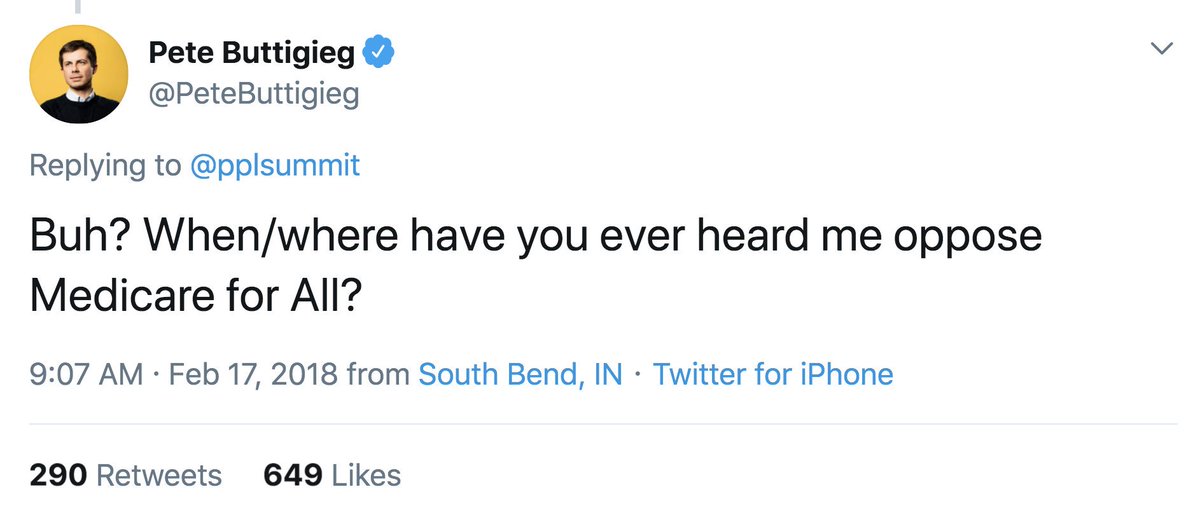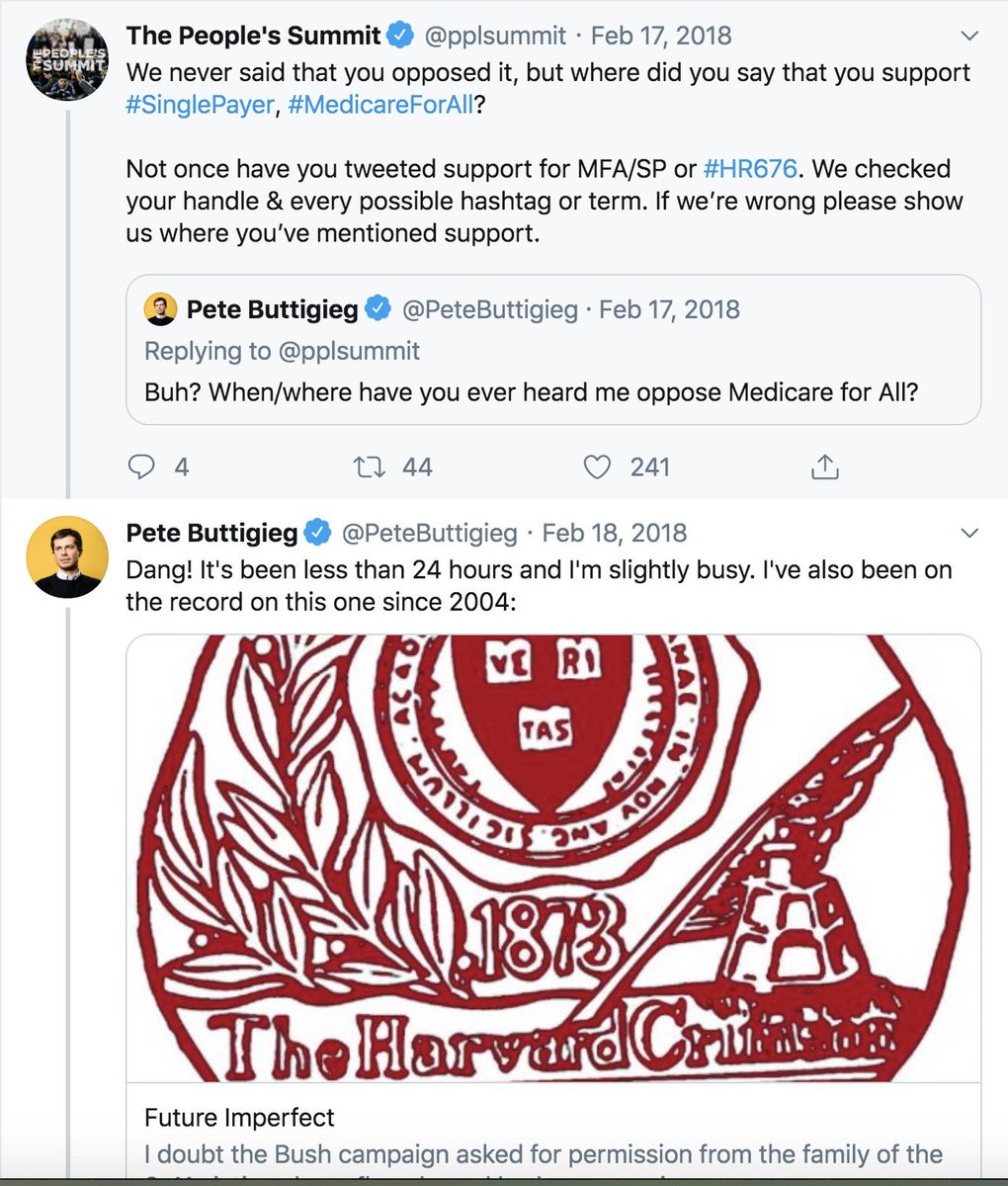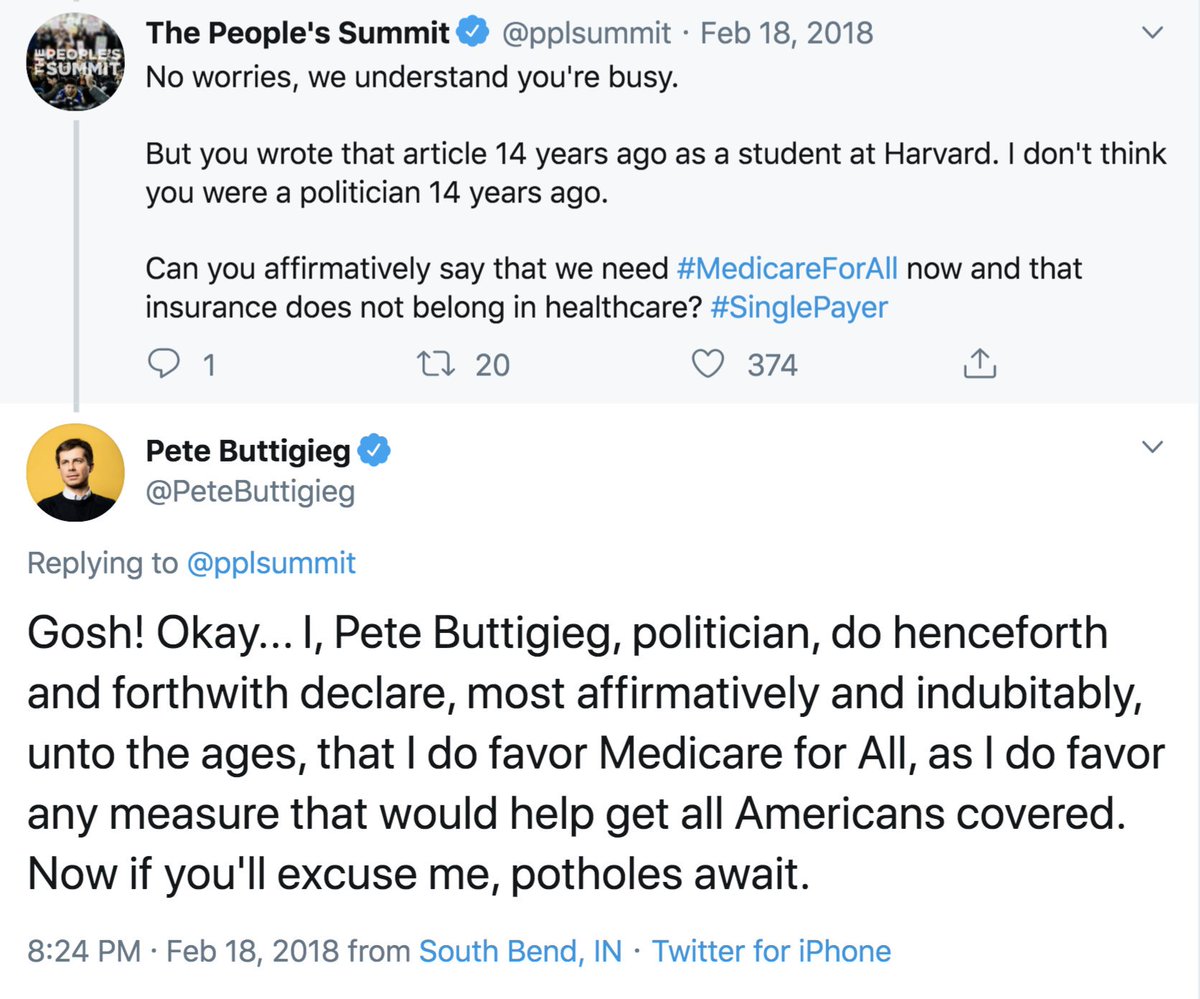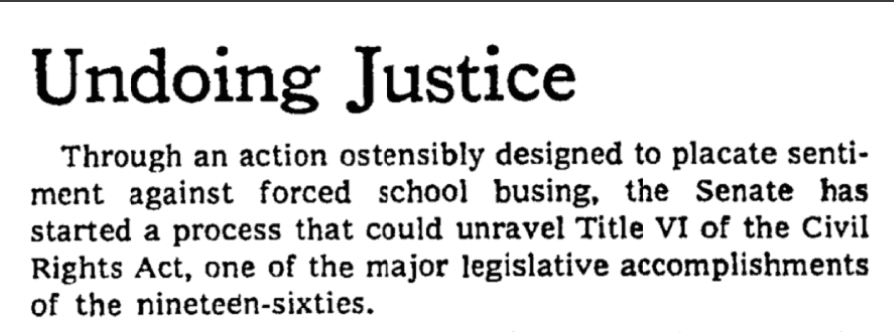
Reading Frederick Douglass's response to President Lincoln's first inaugural address in 1861.
"Threats of riot, rebellion, violence and assassination had been freely, though darkly circulated, as among the probable events to occur on that memorable day."
"Threats of riot, rebellion, violence and assassination had been freely, though darkly circulated, as among the probable events to occur on that memorable day."
"The life of Mr. LINCOLN was believed, even by his least timid friends, to be in most imminent danger...he reached the Capital as the poor, hunted fugitive slave reaches the North...it is hard to think of anything more humiliating."
"The outgoing Administration, either by its treachery or weakness, or both, had allowed the Government to float to the very verge of destruction. Fear, amounting to agony in some minds, existed that the great American Republic would expire...the very moment of his inauguration."
"Once in Washington, Mr. LINCOLN found himself in the thick atmosphere of treason on the one hand, and a cowardly, sentimental and deceitful profession of peace on the other."
"Does he expose and rebuke the enemies of his country, the men who are bent upon ruling or ruining the country? Not a bit of it. But at the very start he seeks to court their favor, to explain himself where nobody misunderstands him."
"Aside from the inhuman coldness of the sentiment, it was a weak and inappropriate utterance to such an audience, since it could neither appease nor check the wild fury of the rebel Slave Power."
"Any but a blind man can see that the disunion sentiment of the South does not arise from any misapprehension of the disposition of the party represented by Mr. LINCOLN."
"All know that the masses at the North (the power behind the throne) had determined to take and keep this Government out of the hands of the slave-holding oligarchy, and administer it hereafter to the advantage of free labor as against slave labor."
"It was, therefore, weak, uncalled for and useless for Mr. LINCOLN to begin his Inaugural Address by thus at the outset prostrating himself before the foul and withering curse of slavery."
"The time and the occasion called for a very different attitude. Weakness, timidity and conciliation towards the tyrants and traitors had emboldened them to a pitch of insolence which demanded an instant check."
"The occasion was one for honest rebuke, not for palliations and apologies. The slaveholders should have been told that their barbarous system of robbery is contrary to the spirit of the age."
"Indeed, if compromise could possibly save the Union, the Union could easily be saved; but thanks to the spirit of tyrants, they want no compromise."
• • •
Missing some Tweet in this thread? You can try to
force a refresh














